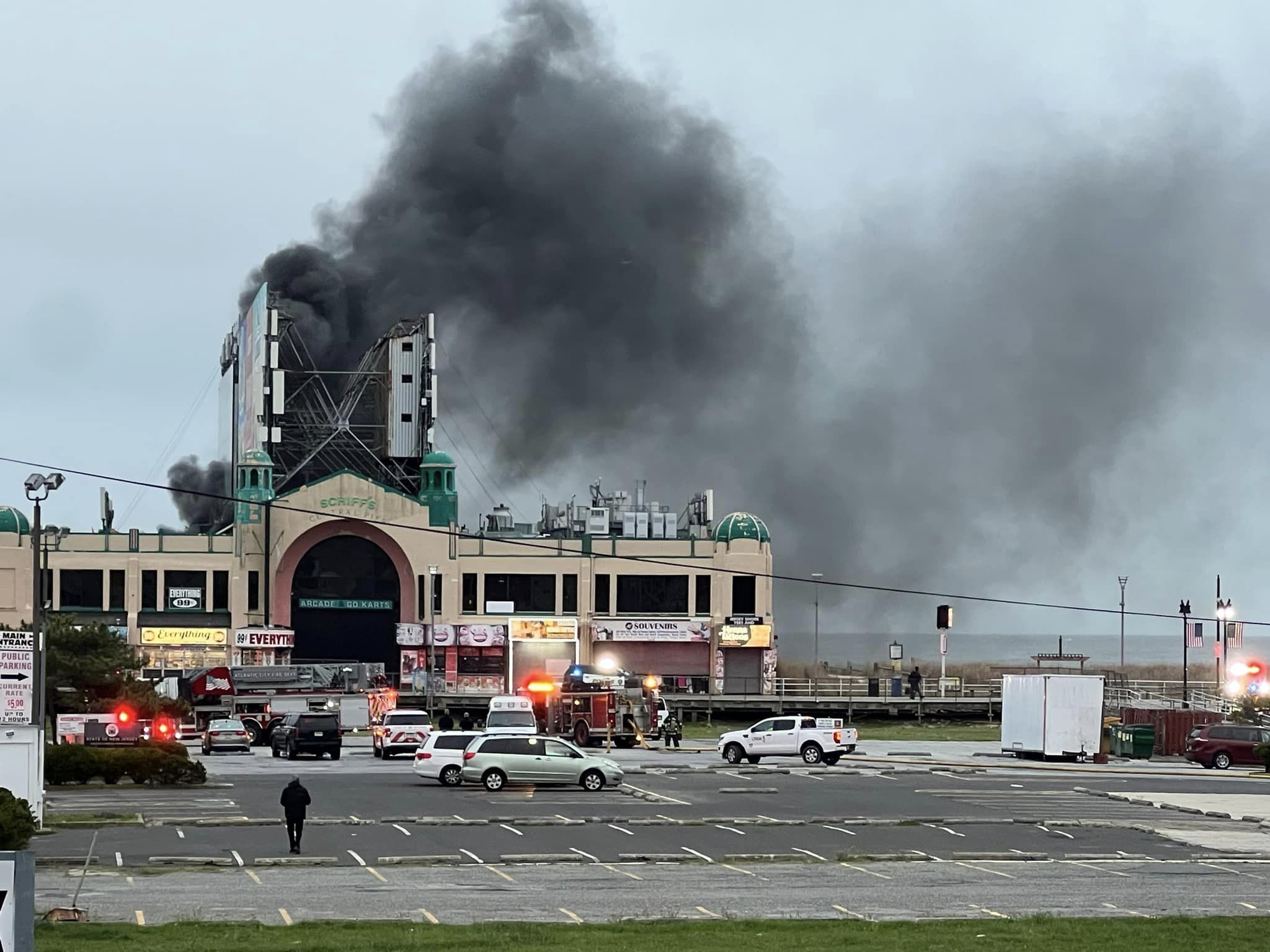THE ULTIMATE FORECAST
Although it happened 73 years ago, it is still considered the most important forecast of all-time. There were more than 100,000 soldiers stationed along the English coast, waiting for the chance to cross the English Channel to take France back from the Germans. An invasion of some sort was expected by the Nazis, but they didn’t know exactly where or when it would happen. Secrecy was crucial, but how long could they hide tens of thousands of soldiers and all the tanks, landing craft and other equipment needed? They had to go as soon as possible, but only when the weather was favorable. Thousands of lives depended on an accurate forecast.
Of course, the Germans had weather forecasters, too. They knew that there were certain dates an invasion was possible. The Allied generals wanted a specific moon and tide phase. So, there were “windows” three days long for the possible invasion. The dates in June were the 5, 6, 7, and again 19, 20, 21. The German forecasters told their generals (led by the famous Rommel) that the weather would be too stormy for the early June window. So Rommel and others went to Paris for a brief break from the war.
The Allied forecasts were better. First of all, General Eisenhower felt the forecast was so important that he put together THREE different forecast teams and ordered them to work independently. Then, the man in charge, James Stagg of the RAF (Royal Air Force), would make the final decision on the forecast. Then Eisenhower would make the final decision on a “go” or “no go” for each potential night.
ENGLISH CHANNEL WEATHER
The weather over the English Channel is often stormy. And the minimum conditions for an invasion were not often found in that area. They needed good visibility, limited cloud cover, and modest winds for the ships, landing craft, aircraft, and paratroopers. Periods of bad weather could last for days, leaving no room between storms. One such possible period was during the early June window. The 5th was the first choice originally, but it was quickly called off because of bad weather. Would there be enough time between the storm on the 5th and the next one? The German forecasters had said “no”.
Stagg ended up telling Eisenhower that the weather would improve for the 6th, but conditions still wouldn’t be ideal. And no one had any idea what the next window in June would be like (it turned out to be too stormy). Since secrecy was so important, Eisenhower decided to “go”. The seas were still choppy, and there was lots of sea sickness. And there was too much cloud cover. But the surprise made up for the less than perfect weather. The invasion succeeded.
Local
Breaking news and the stories that matter to your neighborhood.
WHY THE BETTER FORECAST?
The big advantage the Allied forecasters had were observations. Since weather moves from west to east in that part of the world, it was crucial to know as much as possible about weather conditions over as far an area as possible. The Germans didn’t have access to weather specifics over the British Isles, or most of the Atlantic Ocean, since the Allies were in control there. The old saying about computers, “garbage in, garbage out” applies to humans as well. The lack of specific data prevented the German forecasters to see the break between the storms.
The rest is history.



